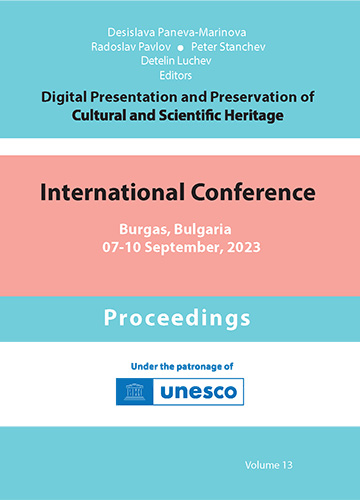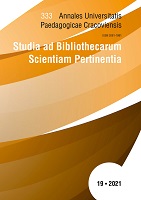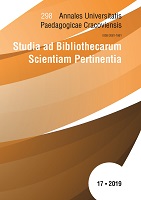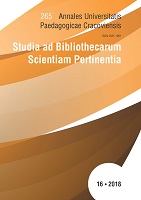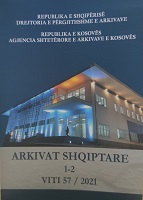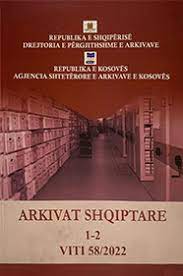Author(s): Katarzyna Jarczewska-Walendziak,Małgorzata Kowalska-Chrzanowska,Przemysław Krysiński / Language(s): Polish
Issue: 19/2021
The aim of the paper was to analyse data science educational programs at institutions of higher learning in Europe for the 2020–2021 academic year. The authors attempted to answer the following questions: What are the education options for individuals who would like to follow the professional path of data science analytics? Where and how may one obtain the required competencies? What competencies may be earned during higher studies? What professions are predestined by data science studies? The authors analysed 100 randomly selected bachelor’s, major and post-graduate curricula found in the prospectus of various institutions of higher learning. The basic information about the offered courses were obtained through individual searches on several Internet portals (e.g., Studies in Europe, Academiccourses.com, Studia.gov.pl, Postgrad.com and MastersPortal.com). Based on the information available on the institutions’ websites, the authors grouped the data according to the following criteria: branch name, academic unit, description of curriculum (preliminary requirements, offered knowledge and skills, potential employment), duration of learning, course type, and subject taught. The research proves the diversity in the presentation of data scientists’ education. In Europe, this curriculum is offered at bachelor level by ca. 30 institutions of higher learning, at major level – by ca. 170 institutions and at post-graduate level – by ca. 350 institutions. The most varied educational contents are offered in post-graduate programmes. All study programmes identified by the authors are profiled for the needs of certain disciplines – especially IT and Mathematics, as well as Statistics and Economics. The candidates for higher learning courses are often expected to possess advanced skills in ICT, and often also professional experience in the field of data analysis. Most courses are paid, and depending on the level of education, the courses last from one to four years. Furthermore, study programmes are dominated by IT subjects and enriched with general curriculum subject modules. Most branches make it possible to earn knowledge and skills in the field of IT and exact sciences, especially the methods of aggregating, storing and processing of Big Data, the rules of correct and effective programming, and performing statistical analyses and interpreting their results. Among the identified branches of studies, surprisingly, there is a small number of opportunities directly addressed to graduates of the humanities, including the widely known information studies (information management, information broking, library science, information architecture, information science).
More...
